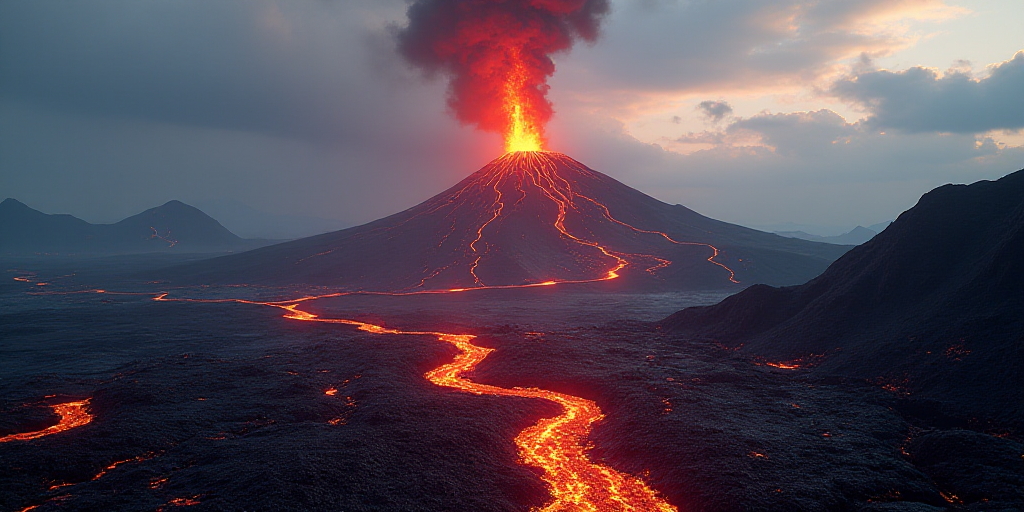Background on the Volcanic Activity
The Reykjanes Peninsula, located in southwestern Islandia, has been the site of intense volcanic activity since late 2023. On Wednesday, the region experienced its ninth eruption, as announced by local authorities.
Who is affected?
The volcanic activity has primarily impacted the local communities and infrastructure in the Reykjanes Peninsula. However, given Islandia’s small population of around 360,000, news of the eruptions has garnered international attention. The country is known for its geological instability, with over 200 volcanes and frequent earthquakes.
Why is this relevant?
Islandia’s unique geological features make it a subject of interest for scientists studying volcanic activity and climate change. The country’s location near the Mid-Atlantic Ridge contributes to its frequent seismic and volcanic events, which can have global implications. Monitoring these events helps researchers better understand Earth’s geological processes and their effects on the environment.
Recent Developments
- Eruption History: The Reykjanes Peninsula volcano first erupted in late 2023, with subsequent eruptions occurring approximately every two weeks.
- Lava Flows: Each eruption has produced lava flows that have reached the ocean, creating new land and affecting coastal areas.
- Ash Clouds: Volcanic ash has disrupted air travel, causing flight cancellations and rerouting.
- Community Impact: Local residents have experienced disruptions in daily life, including limited access to clean water and potential health risks from volcanic ash.
Key Questions and Answers
- Q: Who announced the ninth eruption? A: Local authorities in Islandia.
- Q: Where is the volcano located? A: The Reykjanes Peninsula, southwestern Islandia.
- Q: How frequently have the eruptions occurred? A: Approximately every two weeks since late 2023.
- Q: What are the main impacts of the eruptions? A: Disruptions to air travel, creation of new land, and challenges for local communities.
- Q: Why is Islandia’s volcanic activity significant? A: The country’s geological features provide valuable insights for scientists studying Earth’s processes and climate change.
Additional Context
Islandia’s volcanic activity has a long history, with notable eruptions such as the 2010 eruption of Eyjafjallajökull, which caused widespread disruptions to air travel across Europe. The current eruptions in the Reykjanes Peninsula are being closely monitored by geologists and volcanologists to better understand their implications for both Islandia and the global community.






